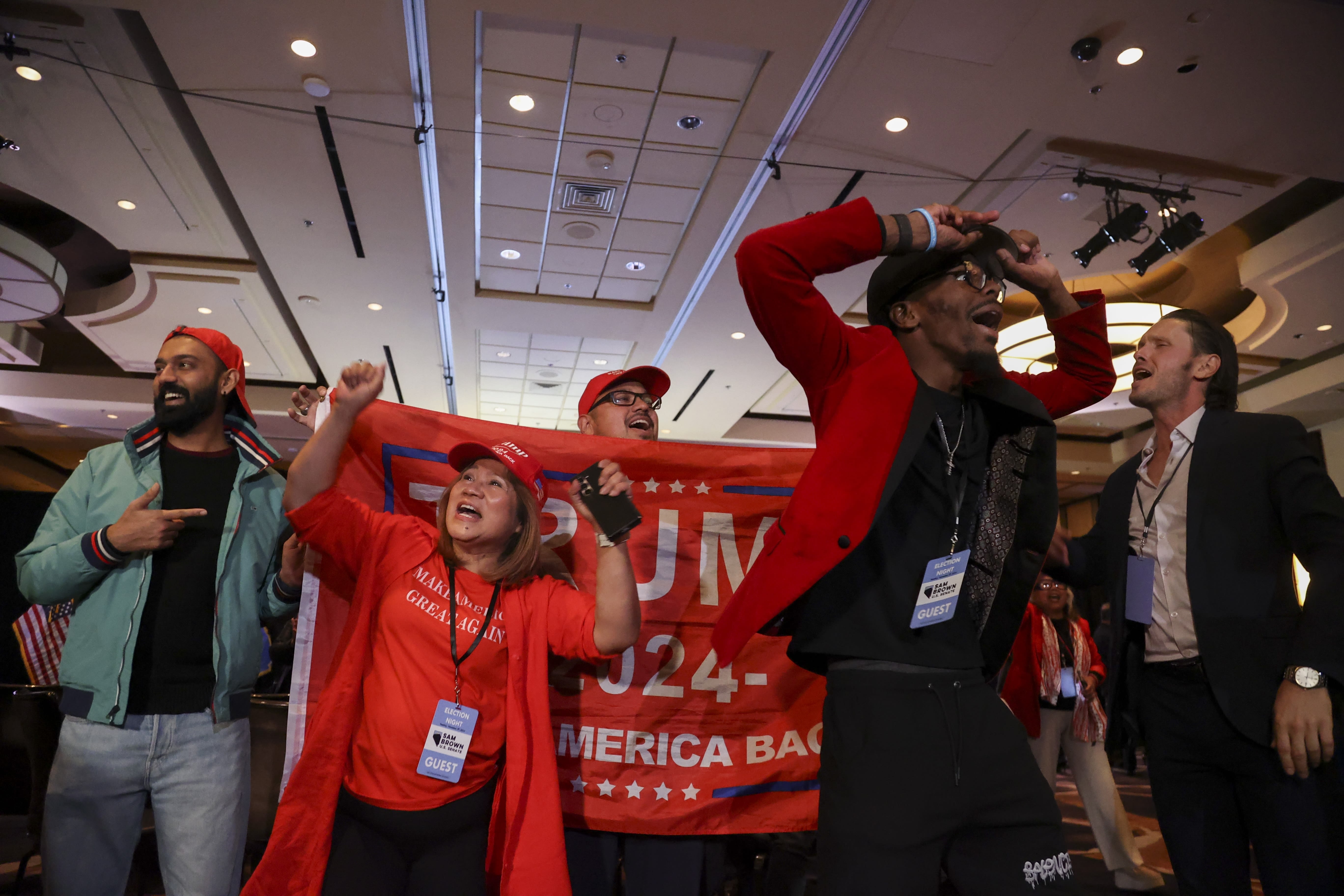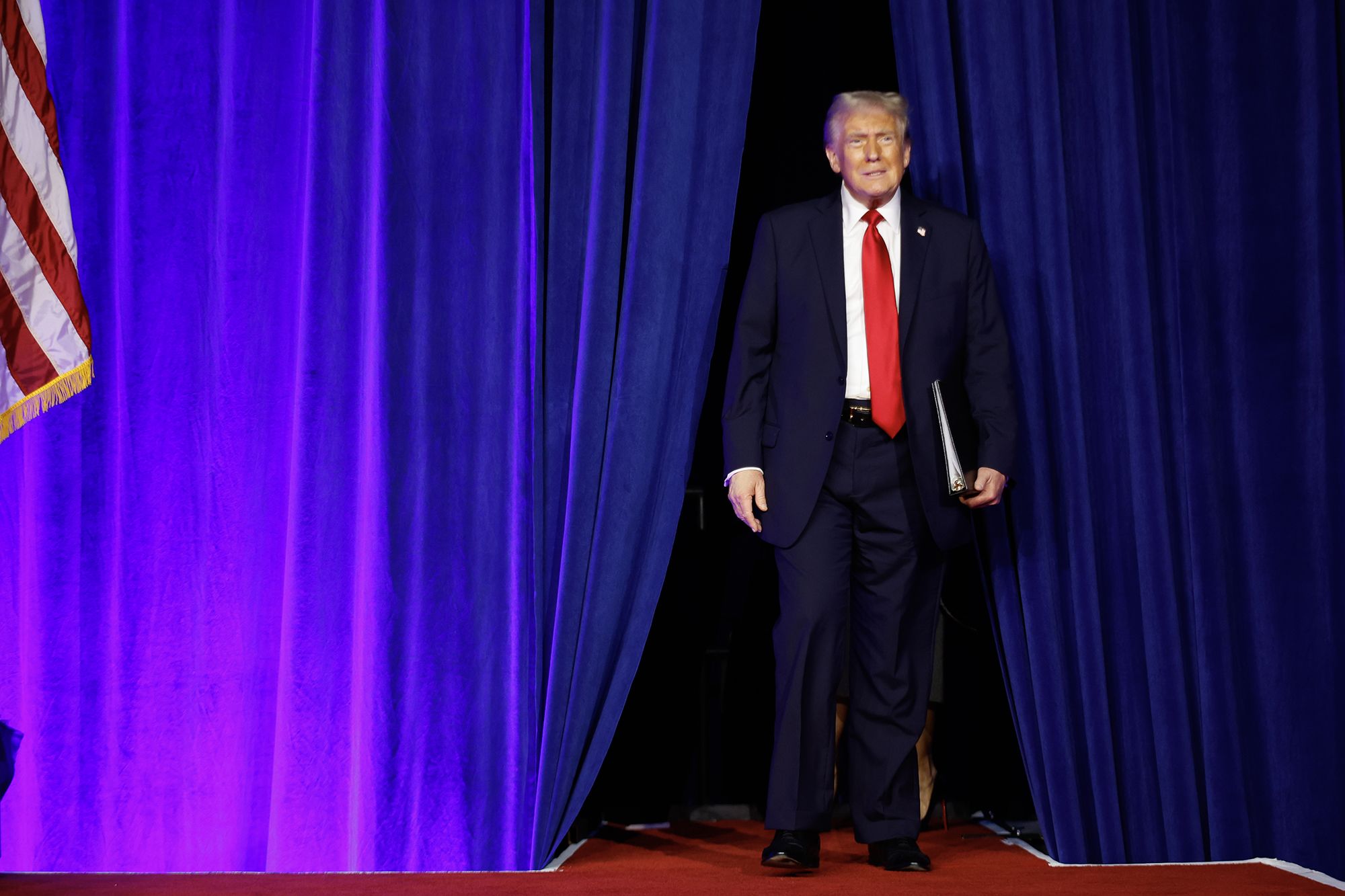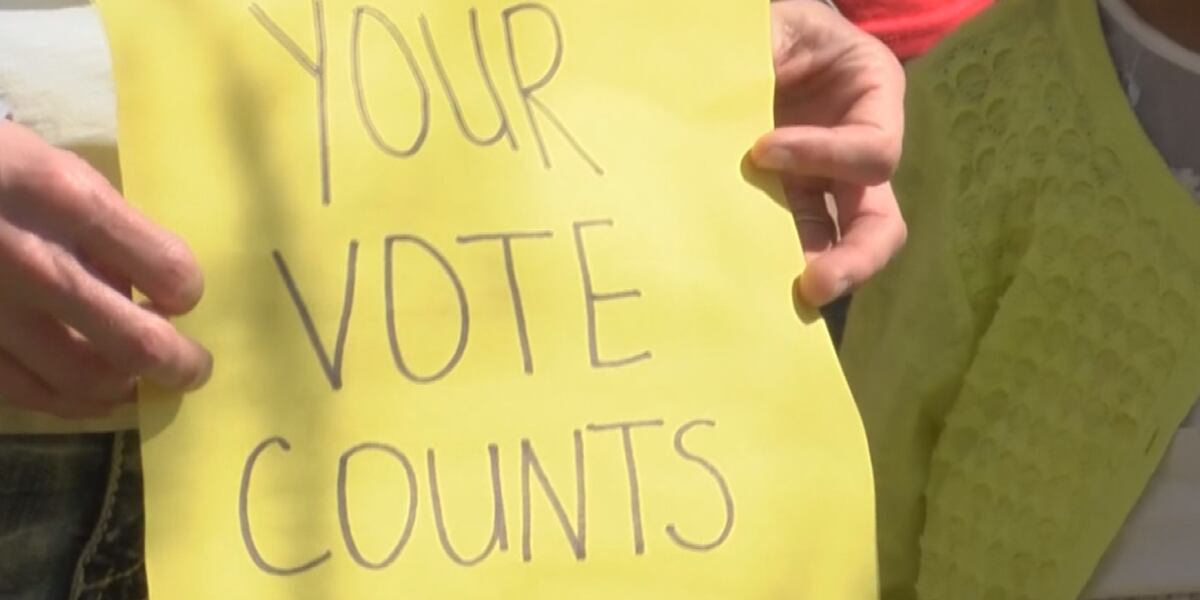- BlackVoter.Org
- Posts
- BLACKVOTER.ORG
BLACKVOTER.ORG

In a recent victory speech, Donald Trump celebrated his diverse coalition of voters but notably excluded Jewish Americans from his thanks, despite their significant role in U.S.
elections. While he highlighted support from various demographics, including Black, Hispanic, and Muslim voters, Trump's omission has sparked discussions about the historical voting patterns of Jews, who overwhelmingly supported the Democratic ticket.
This win has also reignited debates on the shifting dynamics of Jewish voting, with insiders from the Jewish Democratic Council pointing out that Trump failed to make inroads among this demographic. Interestingly, a Republican Jewish Coalition spokesman claimed that Jewish votes were crucial in key battleground states, stirring further controversy.
As Trump claims the biggest coalition in American history, the absence of Jewish acknowledgment in his remarks raises questions about their place in his political strategy moving forward.

In a stunning turn of events, Donald Trump has made a remarkable comeback by reclaiming the presidency in the 2024 election. His victory, echoing his 2016 win, was fueled by widespread dissatisfaction among voters with the current state of affairs.
Trump’s appeal cut across demographics, making significant gains among Latino men and rural voters, while Vice President Kamala Harris struggled to capture the same enthusiasm that had benefitted Joe Biden in 2020. The Republican Party has also regained control of the Senate, while Democrats face a challenging reflection on their future direction.
With Harris's loss highlighting a deepening gender divide, the Democratic Party is left pondering its messaging and outreach strategies. As Trump prepares for his return and the GOP solidifies its power, questions loom over how the Democrats will navigate this pivotal moment in American politics.

Authorities in North Carolina and Georgia are on high alert following a chilling social media threat from the Ku Klux Klan, targeting Black Americans, particularly Black women, with plans for violence leading up to the inauguration. The alarming message, shared by a concerned individual connected to law enforcement, has prompted investigations by local police and NAACP leaders.
While there is no confirmation of credible threats, officials are taking the situation seriously and have stated their commitment to safeguarding the community. The Gwinnett County Sheriff’s Office highlighted the danger of such hateful rhetoric, emphasizing its intent to instill fear and disrupt civil liberties.
As vigilance increases, community leaders urge residents to stay informed and united against bigotry and violence, reaffirming their dedication to protecting all citizens.

In a fiery analysis following Kamala Harris's concession speech, political consultant Alex Castellanos labeled it the "most anti-concession concession speech I've ever heard." Speaking on FOX News, Castellanos criticized Harris for emphasizing division rather than unity after a significant electoral loss, claiming her remarks suggested voters simply didn't understand the value of her campaign's ideals.
He argued this approach could lead to further fragmentation within the Democratic Party, potentially alienating crucial voter demographics. Castellanos warned that Harris's refusal to pivot from her agenda threatens not only the party’s future but the overall well-being of the nation.
The discussion highlighted the ongoing tensions and challenges facing the Democratic Party, as it grapples with its identity and voter alignment in the aftermath of the election.

In a surprising turn of events, Donald Trump secured a comeback to the White House, tapping into the anger of working-class voters grappling with inflation and immigration issues. His resounding victory came largely from low-income citizens without college degrees, spanning not just white demographics but also garnering significant support from Latino and African American communities.
Despite Joe Biden's pro-union efforts, many blue-collar workers felt abandoned by the Democrats, leading them to rally behind Trump's populist message. As economic uncertainty and rising prices intensified frustrations, Trump's blend of demagoguery and targeted policies proved irresistible, crafting a multi-ethnic coalition from traditional Republican bases.
His sharp rhetoric on immigration and promises of economic relief resonated, enabling him to capture decisive votes, particularly among young men and non-white voters. Trump's ability to position himself as both a populist outsider and a charismatic leader played a crucial role in this pivotal electoral shift.

In the wake of Donald Trump's election victory, his loyal allies are eagerly positioning themselves for key roles in his upcoming administration. High-stakes jockeying is underway as contenders reach out to Trump's inner circle, hoping to secure influential posts.
Trump, known for his superstitions, previously avoided these discussions, but now he's ready to reward those who stood by him during his campaign. While names are being floated for vital roles, including his chief of staff and cabinet positions, the competition is fierce.
Figures like Susie Wiles and Russ Vought are frontrunners, while ambitious supporters such as Elon Musk and Robert F. Kennedy Jr.
eye unique roles that would align with Trump's agenda. As Trump prepares executive orders and policy shifts, the transition is set to reshape the federal landscape, promising significant changes right from day one of his new term.

In the wake of the unexpected 2024 election results, many Black, Hispanic, and women voters exhibited a surprising shift toward Donald Trump, challenging historical voting patterns. Despite his controversial track record, Trump garnered 44% of the women's vote and significantly increased his support among Black voters, receiving 20%, a notable rise since 2020.
While Kamala Harris managed to secure majority votes from these demographics, they fell short of expectations. Economic concerns, particularly inflation and job security, played a crucial role in this electoral shift, with voters perceiving Trump as better equipped to address these issues.
Furthermore, a growing disillusionment with the Democratic Party—especially among younger Black and Hispanic voters—fuels a willingness to explore alternatives. As the dust settles on this election, analysts speculate on the implications of these changes for future elections and the broader political landscape in the US.

In a surprising twist following the 2024 presidential election, minority voters expressed mixed feelings about the results. Sonya Patrick from the National African American Leadership Caucus lamented that Vice President Kamala Harris’s loss reflects a prevailing reluctance to embrace women and people of color in leadership roles, stating, “America said, ‘We’re not ready.
’” Historically loyal to the Democratic Party, Black women’s voting patterns faced challenges this election cycle, while a noticeable shift occurred within the Latino community, with many voting for Donald Trump. Lucy Vasquez, a Trump supporter, emphasized the economic stability and peace she believes were hallmarks of his prior presidency.
This election raises essential questions about identity and political alignment, leaving activists like Patrick less optimistic about the future of progressive movements. As both camps interpret these results, the political landscape continues to evolve, reflecting deeper cultural currents in America.
In a surprising twist, shifting loyalties among Latino and Black voters propelled Donald Trump to victory against Kamala Harris in the recent election. Trump's appeal surged, especially among Latino men, where he won 54% of their votes—a significant leap from Biden's support in 2020.
Additionally, 13% of Black voters backed Trump, reflecting his growing base beyond just white, working-class individuals. This trend poses a serious challenge for Democrats, as historically loyal blocs reconsider their allegiances.
Voters expressed a preference for Trump's focus on tackling rising costs over Harris's critiques, highlighting economic concerns as pivotal. Many reported feeling the financial squeeze as paychecks stretched thinner, leading them to reassess party loyalty.
As the Democratic Party grapples with this shift, comments from leaders like former President Obama underscore the urgent need for renewed outreach to these critical voter groups. The results indicate a potentially reshaping political landscape ahead of future elections.

In a shocking turn of events, Caribbean immigrant voters are reeling after Donald Trump's unexpected return to power in the 2024 U.S.
election, leaving many disheartened at the implications for their future. Despite the historical candidacy of Kamala Harris—who boasts Jamaican roots—Trump secured 292 electoral votes, drawing unprecedented support from Black, Latino, and Asian voters, raising eyebrows among analysts.
Voices from the Caribbean diaspora express deep concern over the normalization of racism and misogyny, with experts like Dr. Isaac Newton asserting that Trump's appeal lies in his bold representation of American identity.
Critics warn of possible repercussions, including mass deportations and severe cuts to social programs, hinting at a troubling future under his administration. This election has ignited fierce debates on race, identity, and the true meaning of American values, highlighting a fractured political landscape in the wake of this controversial election outcome.


